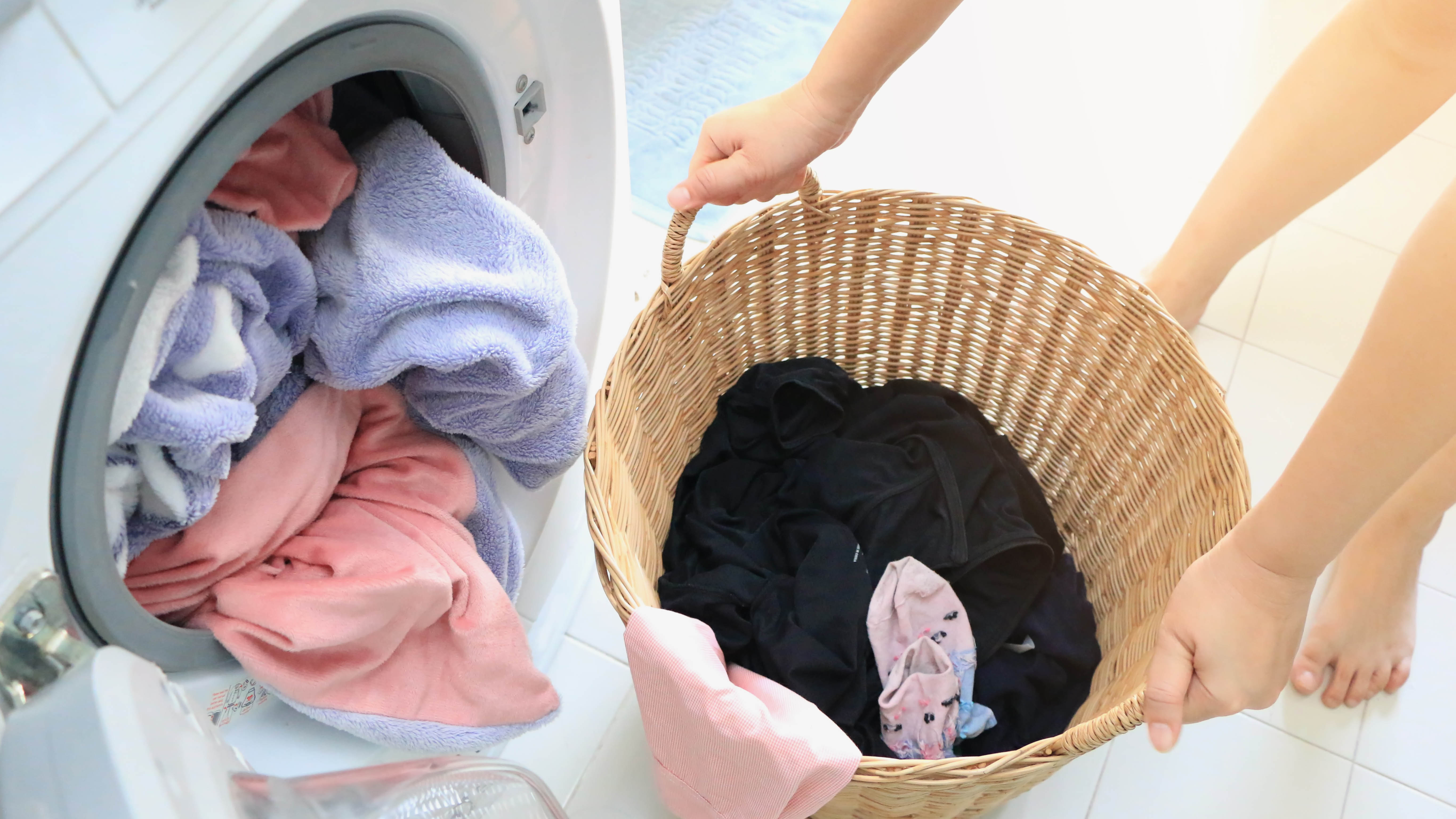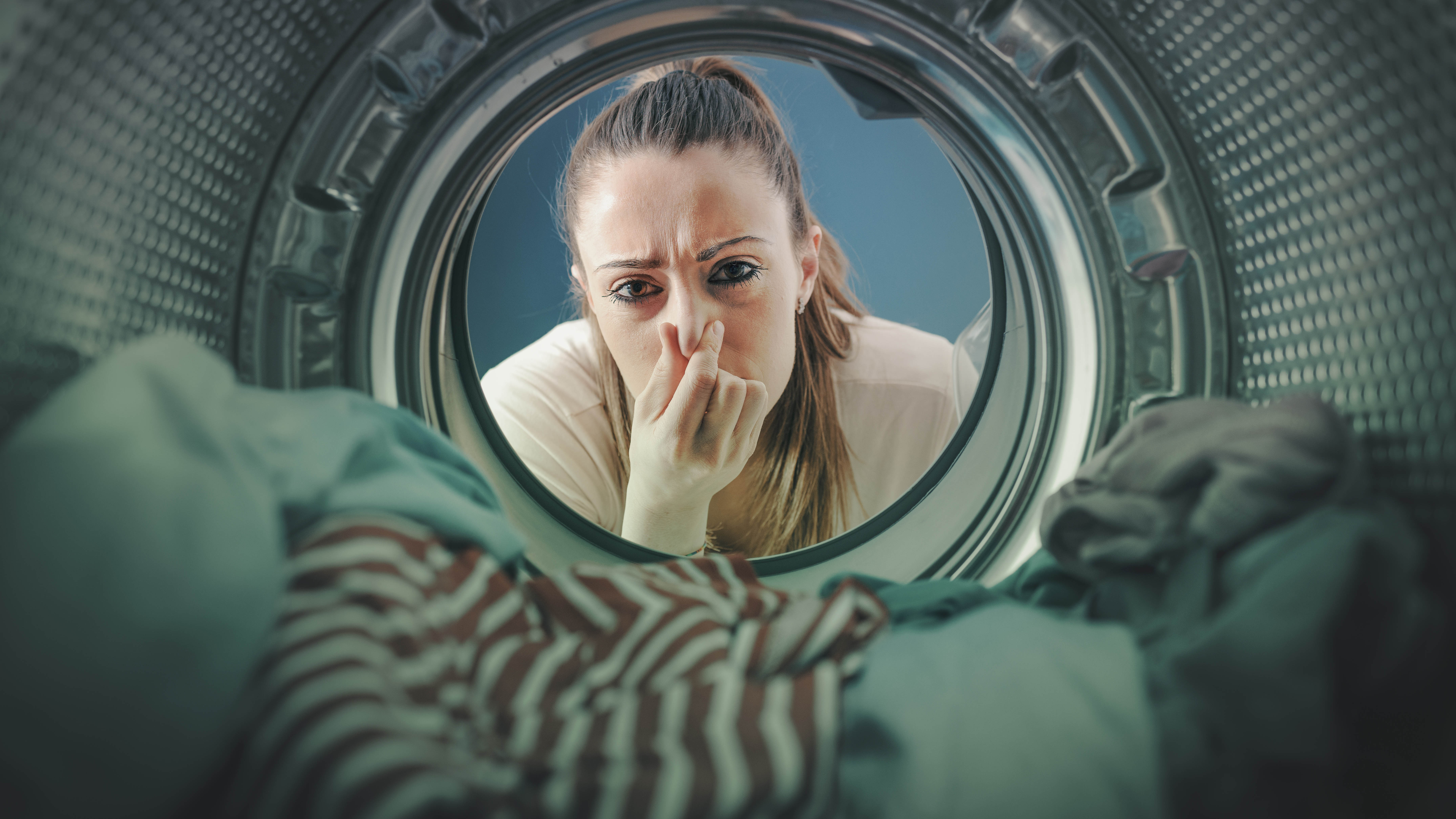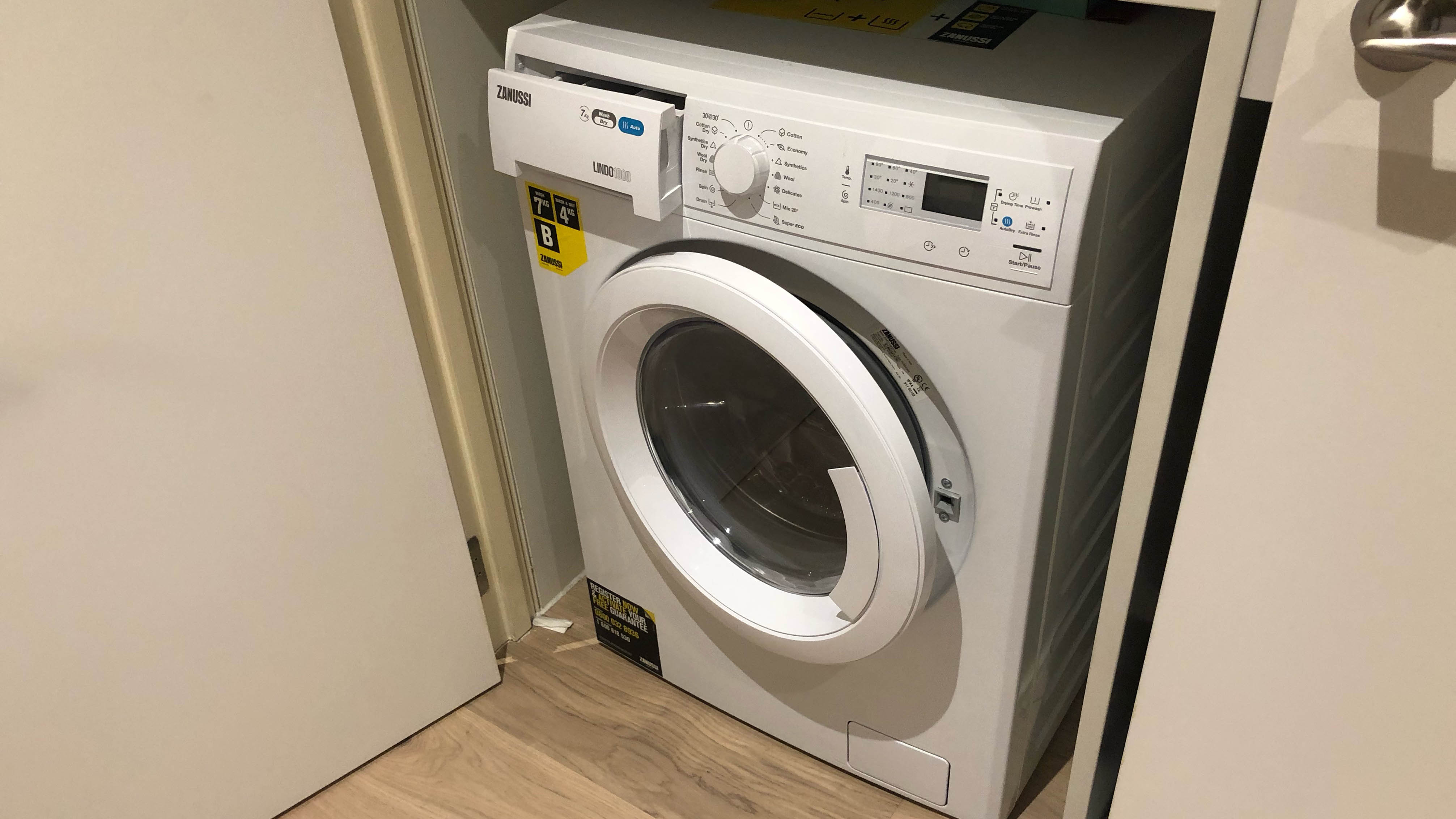You really shouldn’t use your washing machine as a hamper — here’s why
Are you guilty of storing your dirty laundry in your washer? Here’s why you should stop

When someone first told me that they were using their washer as a laundry hamper between cycles, I thought they were a genius. You save the excess space of storing a hamper, plus you can run the machine as soon as the drum is filled for optimum efficiency. There’s no need to bend in and out of the hamper repeatedly with this hack either.
But, then I thought about it. Surely, there would be repercussions from storing the laundry in the drum, even if you have one of the best washing machines? Here, we will consider why this habit may not be such a good one and the consequences it will have on you and your washing machine.
Check out what to do if you've noticed your washing machine shaking violently as it tries to spin. Read this first to find out if 'hand wash only' clothes go in the washing machine.
Here’s why you should stick to using a hamper
A washing machine’s drum will naturally be damp and humid after a cycle, with residual water sitting in the pipes. If you cram dirty laundry in there before it has a chance to air dry, you will be encouraging the growth of mold and mildew — not just in the machine, but on your clothes as well. This is particularly the case if you have a tendency to throw damp towels or sweaty gym gear in there.
If you’re thinking your clothes will just be washed anyway so this doesn’t matter, think again. Detergent alone won’t always shift mold from clothes. Higher temperature settings and bleach may also be required to get the job done; see our guide on how to get rid of mold for full details. In any case, you could be causing yourself more hassle.

Iin addition to mold and mildew, your washing machine is also home to other germs and bacteria. Fecal bacteria in particular lives in plenty of washers, and the addition of your clothes will give it more opportunity to grow. Germs such as E. Coli and norovirus can also be passed onto your clothes via fecal matter and unless you’re washing at a very high temperature and using bleach, a standard wash won’t kill these germs.
There’s the additional mold, mildew and limescale growth in the machine to consider as well. This can lead to smelly washing and in extreme cases, can cause mechanical faults, up to the point of requiring a full replacement.
Sign up to get the BEST of Tom's Guide direct to your inbox.
Get instant access to breaking news, the hottest reviews, great deals and helpful tips.
What should you do?
You should leave your washer’s drum empty after each cycle, and leave the door and drawer ajar too. This will give your washing machine the best chance to air dry between cycles. Mold and germs will still build up in your machine over time, which is why we recommend learning how to clean a washing machine, and making the time to do this once a month.

You should keep your dirty clothes stored in a separate hamper, which will stop the bacteria from spreading and growing as quickly. This is because the laundry will be better aired and exposed to light as well.

Katie Mortram used to be a Homes Editor for Tom's Guide, where she oversaw everything from kitchen appliances to gardening tools, as well as smart home tech. Specializing in providing expert advice for cleaning and home manintenance, she now works as Household Advice Editor for Good Housekeeping.
